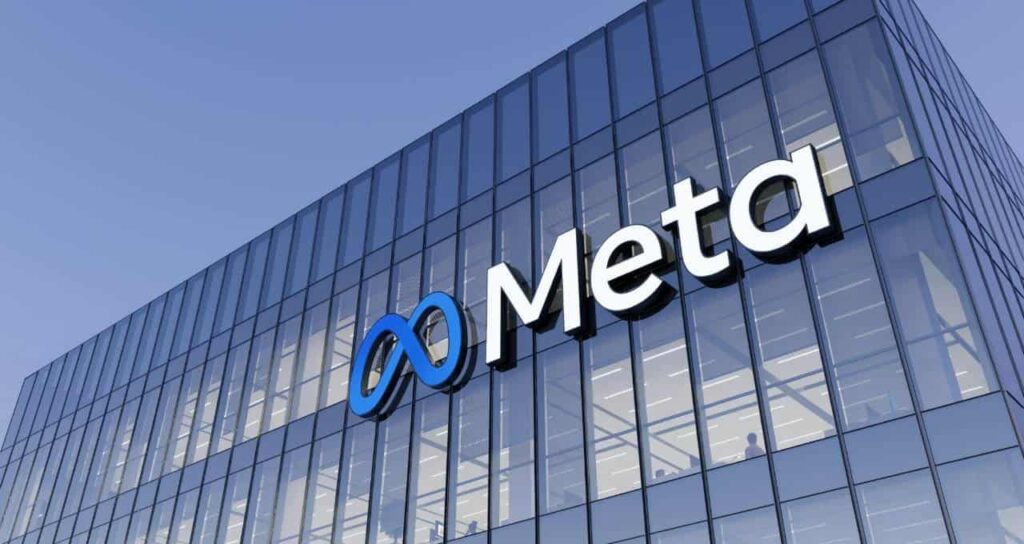The European Union imposed a €251 million fine on Meta on Tuesday, December 17, 2024, due to a severe personal data breach that occurred in 2018, affecting 29 million Facebook users. This episode adds to a series of sanctions applied by the European Union to the tech giant, which has faced increasing regulatory pressure over the years due to failures in its data security and the unauthorized misuse of users’ personal information across its platforms.
The breach was discovered when hackers exploited a significant vulnerability in Facebook’s code. The flaw was linked to the “View As” feature, a functionality allowing users to see how their profiles appear to others on the platform. Designed to provide greater control over data privacy, this feature was exploited by attackers, granting unrestricted access to a wide range of sensitive personal information. The exposed data included users’ full names, contact details, geographical locations, workplaces, birthdates, religions, genders, and even information related to their children.

The incident was reported to Ireland’s Data Protection Commission (DPC), the EU’s primary privacy regulator, in 2018 after Meta identified the security breach. In a statement, the DPC noted that the breach posed a serious risk of misuse of users’ personal information, emphasizing that the unauthorized exposure of the data created a “grave risk of exploitation” and other forms of abuse. The discovery of the vulnerability and the subsequent data breach raised significant concerns, not only about privacy but also regarding the potential for fraud, identity theft, and other malicious exploitation.
Meta, for its part, quickly patched the vulnerability after the issue was identified, but the damage had already been done. The breach affected a total of 29 million accounts globally, of which around 3 million were located in the European Union and the European Economic Area (EEA). The DPC also emphasized that, although Meta resolved the issue promptly after its discovery, the impact of such a security failure was significant, considering the volume of exposed data and the risks associated with it.
The decision to fine Meta €251 million reflects the rigorous data protection regime enforced by the European Union, particularly following the implementation of the General Data Protection Regulation (GDPR) in 2018. This regulation, which establishes strict rules on how companies must handle and protect the personal data of EU citizens, has become a landmark in online privacy protection. Since then, the EU has imposed substantial fines on companies that fail to comply with its regulations, and Meta is no exception. To date, the company has accumulated nearly €3 billion in fines related to GDPR violations.
This episode is not an isolated incident: Meta has faced numerous lawsuits and sanctions since the GDPR came into effect. In 2023, the company was fined a record €1.2 billion after being found guilty of failing to ensure adequate protection of the personal data of EU citizens transferred to the United States. That historic fine also resulted in an appeal from Meta, which, as with the current sanction, has announced that it will challenge Tuesday’s decision. Meta stated that it is taking ongoing measures to strengthen user data protection, including implementing new technologies and creating more robust cybersecurity policies.
The DPC, the regulatory authority responsible for overseeing major tech companies operating in the European Union, plays a central role in enforcing data protection rules. Based in Ireland, the DPC supervises many of the United States’ leading internet companies due to the location of their European headquarters in the country, including Meta, Google, Apple, and other tech giants. This strategic position allows Ireland to play a crucial role in the enforcement of GDPR and the establishment of global standards for personal data protection.
This case underscores the European Union’s growing focus on digital security and citizen privacy, highlighting the importance of tech companies adhering strictly to data protection regulations and their responsibility to safeguard users’ information. The pressure on Meta and other tech firms to protect data privacy will continue to increase, with the EU committed to strengthening compliance measures and imposing severe penalties on any organization that violates data protection rules.
The impact of this fine is not only financial but also symbolic, representing a clear message about the seriousness with which the European Union addresses digital privacy issues and the responsibility of companies in ensuring the security of their users’ data. Tech companies, especially large ones, will need to continuously invest in security measures to avoid future breaches and face the legal and financial consequences of failing to meet data protection obligations.
The €251 million fine imposed on Meta by the European Union reinforces the growing demand for accountability from major tech companies concerning the protection of users’ personal data. The 2018 incident, which exposed sensitive information of millions of Facebook users, serves as a stark reminder of the risks associated with digital vulnerabilities and the need for constant vigilance to protect online privacy. Moreover, this sanction reaffirms the importance of the General Data Protection Regulation (GDPR) as a crucial tool to ensure that companies operating within the EU adhere to the highest security standards.
Although Meta swiftly addressed the security flaw, the impact of the breach was profound, highlighting the fragility of digital platforms in the face of cyber threats and the responsibility of corporations to prevent such incidents. The decision to fine the company a substantial amount also sends a clear message to other tech giants about the serious consequences of neglecting user privacy.
This episode marks a pivotal moment in the global digital privacy landscape. As regulations become stricter, companies are expected to adapt to a future where data protection is an undeniable priority. The European Union, with its firm stance, continues to serve as a model for other regions seeking to balance technological innovation with the safeguarding of citizens’ rights, maintaining privacy as a cornerstone of the digital society.

